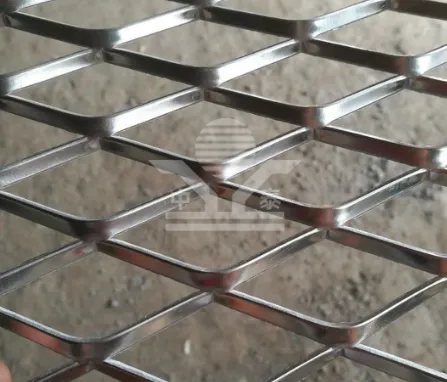The Importance of Temporary Farm Fences
In the agricultural world, managing livestock and protecting crops are fundamental responsibilities that every farmer must address. One innovative solution that has gained prominence in recent years is the use of temporary farm fences. These versatile barriers offer numerous benefits, providing farmers with flexibility and efficiency, especially in dynamic farming environments.
Temporary farm fences are portable and can be easily set up and dismantled, making them ideal for farmers who require frequent changes in their livestock management plans or those who rotate grazing areas. This adaptability is particularly advantageous in managing pasture land. By using temporary fencing to create smaller grazing sections, farmers can implement a rotational grazing system. This practice leads to healthier pastures and livestock by preventing overgrazing and allowing the land to recover.
Additionally, temporary fences are cost-effective compared to permanent installations. For farmers working with tight budgets or those who do not want to commit to long-term fencing solutions, temporary options provide a practical alternative. Materials such as polyethylene or plastic mesh, combined with lightweight posts, make these fences easy to install and move as needed. Furthermore, many temporary fencing systems are designed to be durable and weather-resistant, which ensures that they can withstand the elements while remaining light and manageable.
temporary farm fence

Safety is another critical reason for employing temporary farm fences. They can effectively contain animals during transportation or while new arrangements are being made on the farm. For instance, when introducing new livestock to a herd, farmers often need to isolate them initially. A temporary fence creates a safe space for quarantine, reducing the risk of diseases spreading among the animals. In addition, temporary fencing can act as barriers to keep livestock away from sensitive areas, such as crops nearing harvest or water sources, thus promoting sustainable farming practices.
Moreover, temporary farm fences are not only practical for livestock but also versatile enough for crop protection. Farmers can use these fences to safeguard new plantings or tender seedlings from wildlife and livestock. For example, a temporary fence around a garden plot can deter deer and rabbits, ensuring that crops are not nibbled away before they have a chance to grow. This method is particularly useful during the early spring when many animals are searching for food after winter.
The environmental impact of temporary fencing also deserves attention. Modern temporary fences can be made from environmentally friendly materials, and they can often be reused for multiple seasons, reducing waste. Farmers can choose options that minimize their ecological footprint while still effectively managing their land.
In conclusion, temporary farm fences represent a practical, cost-effective, and adaptable solution for modern farming challenges. Whether managing livestock, protecting crops, or ensuring environmental sustainability, these fences play a crucial role in the daily operations of farms. As agriculture continues to evolve, embracing innovative solutions like temporary fencing will be necessary for farmers aiming to maximize efficiency and productivity. By incorporating such tools into their practices, farmers can maintain a flexible approach to their operations, creating healthier environments for both livestock and crops. As the agriculture industry moves toward more sustainable practices, temporary farm fencing is undoubtedly a valuable resource worth considering.
-
Turn Down the Noise: The Future of Highway Sound Barriers
NewsApr.09,2025
-
Silence the Sound: The Power of Highway Noise Barriers
NewsApr.09,2025
-
Reduce Road Noise Effectively with Highway Noise Barriers
NewsApr.09,2025
-
Noise-Free Living: How Highway Barriers Make a Difference
NewsApr.09,2025
-
Engineered for Silence: Highway Noise Barriers for Every Road
NewsApr.09,2025
-
Effective Noise Control: Highway Barriers for a Quieter Tomorrow
NewsApr.09,2025
Subscribe now!
Stay up to date with the latest on Fry Steeland industry news.

